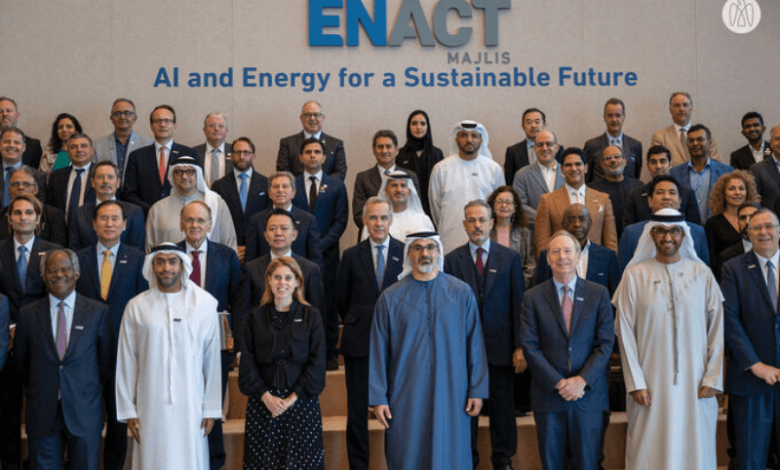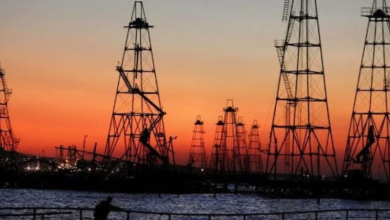ENACT Majlis convenes industry leaders to forge sustainable technology-energy partnerships

Dr Sultan al-Jaber convened on Sunday 80 global leaders from the energy, technology, climate and investment sectors at the ENACT Majlis to forge sustainable technology-energy partnerships for the rapid expansion of artificial intelligence.
UAE’s minister of industry and advanced technology noted the need for a collaborative and integrated response across all sectors to unlock solutions and harness the full potential of artificial intelligence – a critical part of modern technology expansion.
ENACT Majlis notes the potential of artificial intelligence
The ENACT Majlis served as a platform for open and bold discussions. It focused on developing strategies to reshape tech-energy partnerships for the sustainable delivery of energy that supports the rapid development of artificial intelligence.
The majlis convened the leading minds in technology, energy and investment. It emphasised the economic opportunity that can be realised by collaborating and embracing the interconnectedness of energy and modern technology.
During the discussions, participants agreed that artificial intelligence has the potential to drive energy production efficiency and, simultaneously, reduce emissions. They discussed methods for optimising energy consumption across different sectors.
The majlis resulted in the release of a joint report that explored the role played by artificial intelligence in optimising energy efficiency, reducing emissions, managing complex systems, supporting a net-zero future and addressing the rising energy demands of modern technology.
Boosting investments in sustainable energy solutions
The leaders from the energy, technology, climate and investment sectors at the ENACT Majlis highlighted the immediate need to expand and accelerate investments in sustainable energy solutions, according to official media reports.
The energy demand of artificial intelligence data centres is expected to double by 2030. Considering this potential spike, participants underscored the requirement for $600 billion in annual infrastructure investments.



